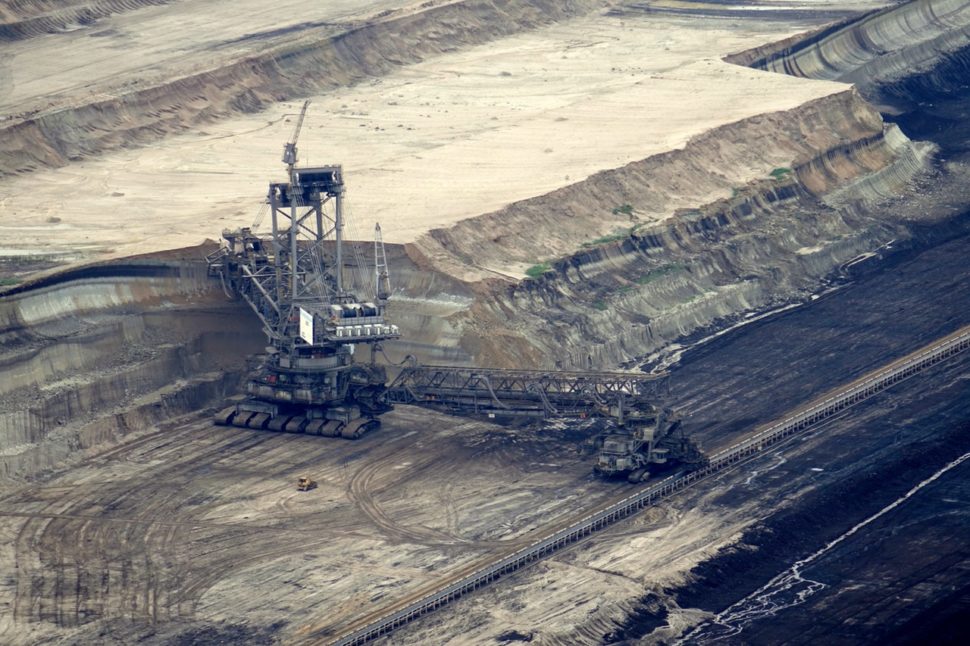The Rocky Hill coalmine is a proposed project near Gloucester, a town in the state of New South Wales, Australia.
The project, which has been in development for many years, would have an expected life of up to 21 years.
At its peak, the project would mine up to 2 million tonnes of Run-of-Mine (ores) of coal annually.
It would also employ 60 people in the construction phase, and 110 in operation.
Besides the touted economic benefits, the developer of the project promise technology and practices that ensure a minimal impact on the environment and the community.
But none of that is helping the proposed project to be deemed worthy enough of a green light.
Court Rules Against Coal in Favor of Climate
On Friday, February 8th, New South Wales Land and Environment Court rejected the Rocky Hill open cut the coal mine project for environmental reasons.
This is a breakthrough ruling as judges didn’t only review local impact studies of the project, but also focused on its climate impact on a global scale.
“The Project’s cumulative GHG emissions will contribute to the global total of GHG concentrations… will affect the climate system and cause climate change impacts. The Project’s cumulative GHG emissions are therefore likely to contribute to the future changes to the climate system and the impacts of climate change,” said judges.
Qualifying the coal mine project as a new source of greenhouse gas emissions, judges wrote:
“The construction and operation of the mine, and the transportation and combustion of the coal from the mine, will result in the emission of greenhouse gases, which will contribute to climate change. These dire consequences should be avoided. The Project should be refused.”
Environmentalists in Australia and the rest of the world can celebrate this first-of-its-kind ruling.
Read More: Climate Change is Creating a Groundwater Crisis
Climate or Coal, Australia has no Option for Both Together
Coinciding with the 2017 COP23 climate talks in Germany, 20 countries agreed to work toward phasing out coal by 2030.
However, this pact didn’t include any of the world’s coal giants, including Australia that has coal in the heart of its energy mix.
Australia is the world’s fourth largest coal producer, having produced over 500 metric tonnes in 2016 (EIA), behind China, India, and the U.S.
As an exporter though, Australia comes first on the podium by selling most of its coal production overseas.
Australia generates 85 percent of its electricity from fossil fuels, with a whopping 67 percent from coal alone.
Read More: Report Shows Australia has Potential to be 100% Renewable by 2030
As a large GHG emitter, by global share and per capita, Australia has to sever its ties with coal and expedite the carbon-neutral process.
In 2009, the Australian government and opposition failed to reach an agreement on climate policy. Both the then PM and an opposition leader lost their position in one of the biggest political crises in the country’s history.
A decade later, the country still lacks bipartisan consensus on energy transition and how to achieve Paris agreement pledges.
After the PM declared it dead a few months ago, Australia’s NEG (National Energy Guarantee) is still inanimate.
The case of the Rocky Hill proposal is the first time a court in Australia has ruled against a coal mine, or any mine for that matter, on climate change grounds.
Maybe this will set a trend, not only in Australia, but all across the world.



















I had a great time reading it. An excellent decision indeed.